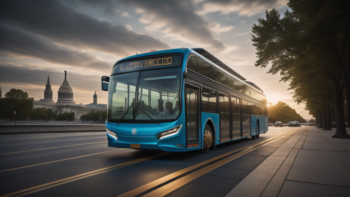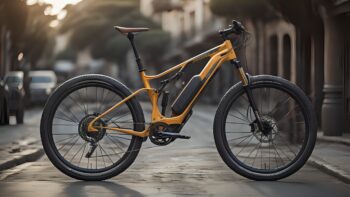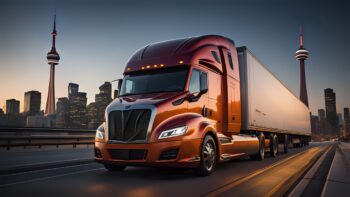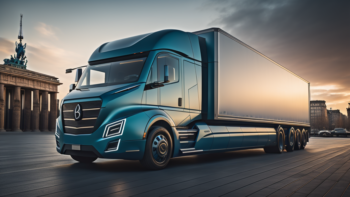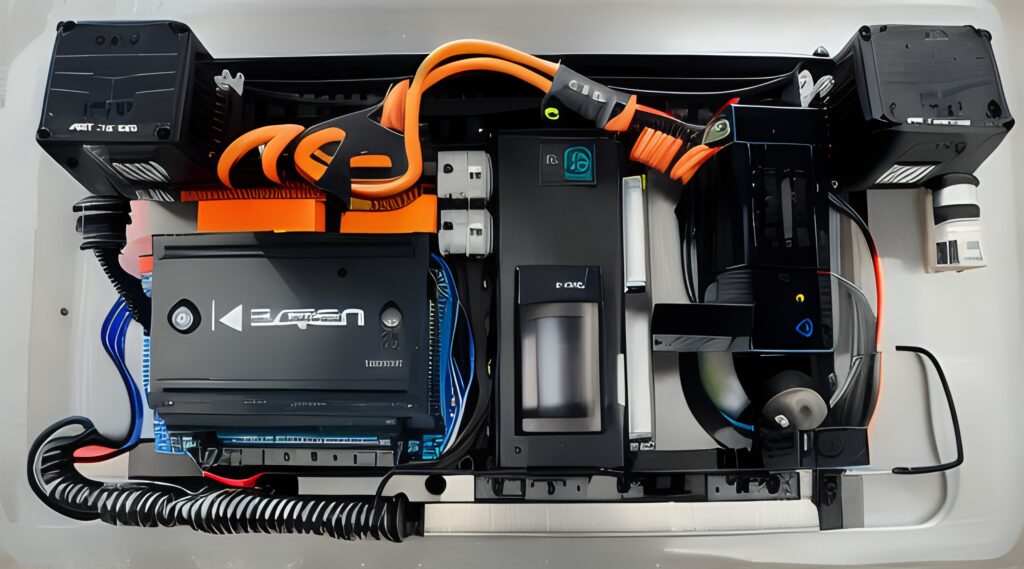
05. EV-Conversion
Listing Category by product
Exploring EV-Conversion
EV-Conversion has emerged as a popular trend among private individuals seeking to electrify their vehicles and reduce their carbon footprint. With advancements in technology and the availability of electric vehicle conversion kits, more enthusiasts are undertaking EV-Conversion projects, transforming traditional internal combustion engine vehicles into clean and efficient electric vehicles.
Considerations for EV-Conversion
Vehicle selection: Choosing the right vehicle for conversion is crucial to the success of the project. While almost any vehicle can be converted to electric power, factors such as vehicle weight, aerodynamics, and available space for battery installation should be considered. Compact cars and lightweight vehicles are often preferred for electric conversions due to their simpler drivetrain layouts and better efficiency. In addition to private individuals undertaking DIY EV-Conversions for cars, there are also industrial companies specializing in converting buses, trucks, boats, and other vehicles to electric power. These companies leverage their expertise in engineering, manufacturing, and electric vehicle technology to offer professional conversion services tailored to the specific needs of commercial and industrial applications.
- Battery selection: Selecting the appropriate battery pack is one of the most critical decisions in EV-Conversion. Lithium-ion batteries are commonly used for their high energy density, longevity, and reliability. Factors such as voltage, capacity, and configuration should be carefully evaluated based on the vehicle’s power requirements and available space for battery installation.
- Electric motor and drivetrain: Choosing the right electric motor and drivetrain components is essential for achieving optimal performance and efficiency in the converted vehicle. Brushless DC (BLDC) motors and permanent magnet synchronous motors (PMSM) are popular choices for EV-Conversions due to their high power-to-weight ratios and regenerative braking capabilities. The selection of motor controller, gearbox, and differential should also be carefully considered to ensure compatibility and seamless integration with the vehicle.
- Safety: Safety should be a top priority during EV-Conversion projects. Proper insulation, shielding, and grounding of electrical components are essential to prevent electrical hazards and ensure the safety of the vehicle occupants. Additionally, installing a battery management system (BMS) and implementing thermal management measures are critical to preventing overcharging, overheating, and thermal runaway events.
- Legal and regulatory compliance: Before embarking on an EV-Conversion project, it is essential to familiarize oneself with local regulations and legal requirements governing electric vehicle conversions. Some jurisdictions may have specific safety standards, emissions regulations, and vehicle registration procedures for converted electric vehicles. Ensuring compliance with these regulations can help avoid legal complications and ensure the legality of the converted vehicle on public roads.
- Skill and resources: Electric vehicle conversion projects require a certain level of technical skill, knowledge, and resources. Enthusiasts should be comfortable working with electrical systems, automotive components, and fabrication tools. Access to workshop facilities, equipment, and technical resources can also facilitate the conversion process and ensure the quality and safety of the finished vehicle.
Electric vehicle conversion offers private individuals an opportunity to participate in the transition towards sustainable transportation solutions while unleashing their creativity and ingenuity.



